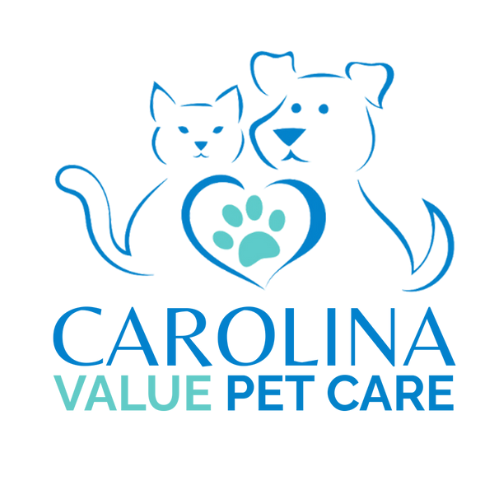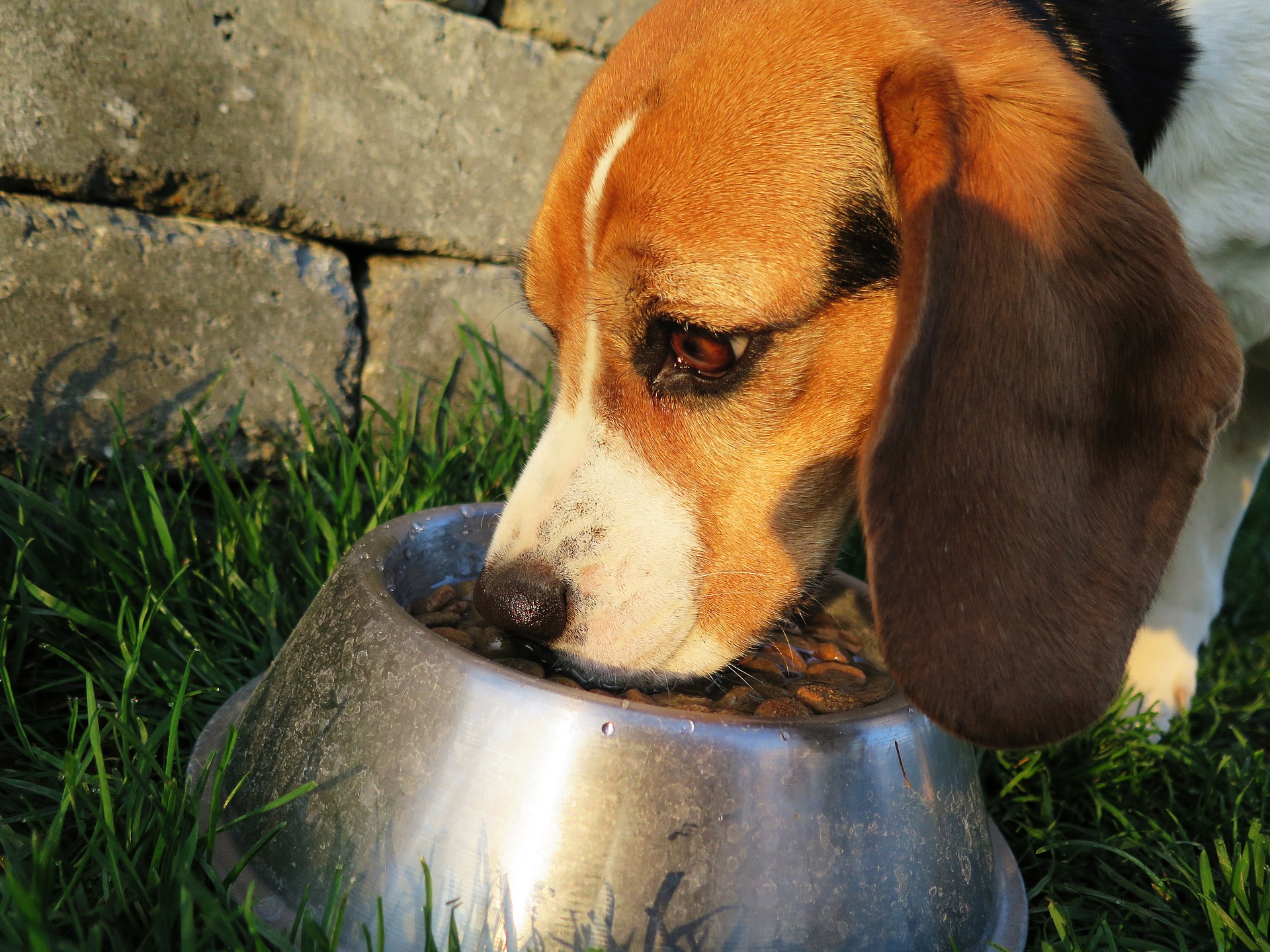Hundreds of dogs from many different breeds have been found to be affected by a life-threatening heart condition due to eating specific dog foods, in particular grain-free diets that are high in legumes (peas, lentils, chickpeas) or potatoes or sweet potatoes. The large majority of cases have involved pet owners feeding a range of different brands (and formulas) of dry, canned or raw commercial diets, while some dogs were fed home-cooked diets. Some of the dogs had been on the grain-free diets for several months; some dogs for several years.
As of late 2018, there were 325 individual reported cases of dogs attributed to a heart / cardiac condition known as Dilated Cardiomyopathy (DCM). 74 of the reported dogs had died as a result of the heart disease. (There are certainly more dogs that have been affected … and continue to be affected … but not reported). The consistent finding with these dogs has been low levels in the blood of an amino acid known as “taurine”. Amino acids are the building blocks of protein. We have known for years that low levels of taurine have been responsible for DCM, particularly in cats. Be aware that taurine is not routinely tested for with blood work by veterinarians.
The heart is a pump, pumping blood throughout the body to supply needed oxygen and other vital elements to every tissue and organ. With DCM, the heart chambers enlarge and heart valves leak, resulting in poor pumping ability. In early stages, pets may appear perfectly normal with no apparent signs or symptoms. As the condition progresses, dogs may develop a heart murmur, an irregular heartbeat, coughing, episodes of weakness, difficulty breathing, even collapsing, and ultimately death in many dogs.
Certain breeds of dogs are genetically more likely to develop DCM, regardless of diet:
* Dobermans * Cocker Spaniels * Newfoundlands
* Boxers * Great Danes * Scottish Deerhounds
* English Bulldogs * St Bernards * Afghan Hounds
Unfortunately, there have been multiple cases of DCM seen in dogs that are not typically genetically prone to the disease: Mixed Breed dogs, Shih-Tzus, Golden and Labrador Retrievers, Miniature Schnauzers, among others.
Diets given to the affected dogs frequently listed potatoes / sweet potatoes or multiple legumes (peas, lentils, chickpeas) among the main ingredients (listed in the form as either protein, starch or fiber). Diets labeled as “grain-free” commonly use potatoes, sweet potatoes, peas, chickpeas or lentils as sources of proteins + carbohydrates. However, it is not clear how these diets may be connected to DCM. It is not yet known if the problem is the lack of grain … or the addition of potatoes and legumes … or the way that dogs’ bodies process them … or that ingredients are interacting to reduce the availability of taurine. We simply do not know the exact cause.
Veterinarians at the University of California at Davis School of Veterinary Medicine have been spearheading multiple studies of diet-related DCM. Their primary research focused on 24 Golden Retrievers with known DCM with taurine deficiency. Of the 24 dogs, 23 had been on either a grain-free diet or high legume diet, or a combination of grain-free with high legume content. When the diet was changed, and supplemental taurine was given, 23 of the dogs improved, even those with advanced disease. This confirmed that taurine-deficient DCM is treatable and avoidable … which is not the case with DCM due to genetics.
Dr Bob here: Based on the information as we know it, here are my suggestions:
First, if you have observed any of the following signs with your dogs: Decreased energy, coughing, difficulty breathing, episodes of collapsing, you should see a full-service veterinarian immediately … regardless of their diet !!!
Second, let’s look at this information in context: the American Veterinary Medical Association estimates that there are 77 Million pet dogs in the U.S. As of late 2018, the FDA received reports of 325 dogs diagnosed with DCM suspected to be linked to their diet. (As I mentioned earlier, I have little doubt that there are many more dogs also affected that have gone unreported.) That means that tens of millions of dogs have been eating food without developing DCM.
What percent of dogs in the U.S. are getting a grain-free diet ? We don’t have data to tell us. However, the latest food ‘craze’ among pet owners the past 5-8 years has been grain-free diets. If you are feeding your dog a grain-free diet, I think you need to ask yourself, “Why am I buying a grain-free dog food for my dog ? Because it sounds good ? Does it truly make good sense for me to choose this diet for my dog?” Pet owners with an itchy dog will often switch diets to see it that will help. But before switching, I strongly recommend letting us (or a full-service vet) check your dog for allergies. Most allergies are due to environmental issues (pollens, dusts, grass, weeds, etc), not food. And when we do suspect a food allergy, know that beef and chicken are far more likely to cause a food allergy than wheat or grain. If you switch to grain-free “just because”, then be mindful of the potential impact of cardiac health with dogs fed a grain-free diet.
While it is devastating to lose a dog to DCM due to feeding a grain-free diet, in the big picture of pet nutrition, I have far more concerns about the problems and risks with rampant obesity among our pet population (both dogs and cats) than I do with DCM and grain-free diets. We know the population of pets (and people) with obesity exceeds 50%, meaning there are in excess of 40,000,000 overweight dogs in the U.S. We know the hazards of obesity in people, and the same concerns apply to pets: increased risk of heart problems and high blood pressure … diabetes … crippling arthritis or joint pain … kidney issues … certain types of cancer … overall quality of life. While I want you to be aware and informed of the potential concerns with grain-free diets, I feel it’s crucially important for you to focus on getting unwanted weight off your pets ! Shedding those extra pounds from our pets will improve the quality of their lives … significantly.

